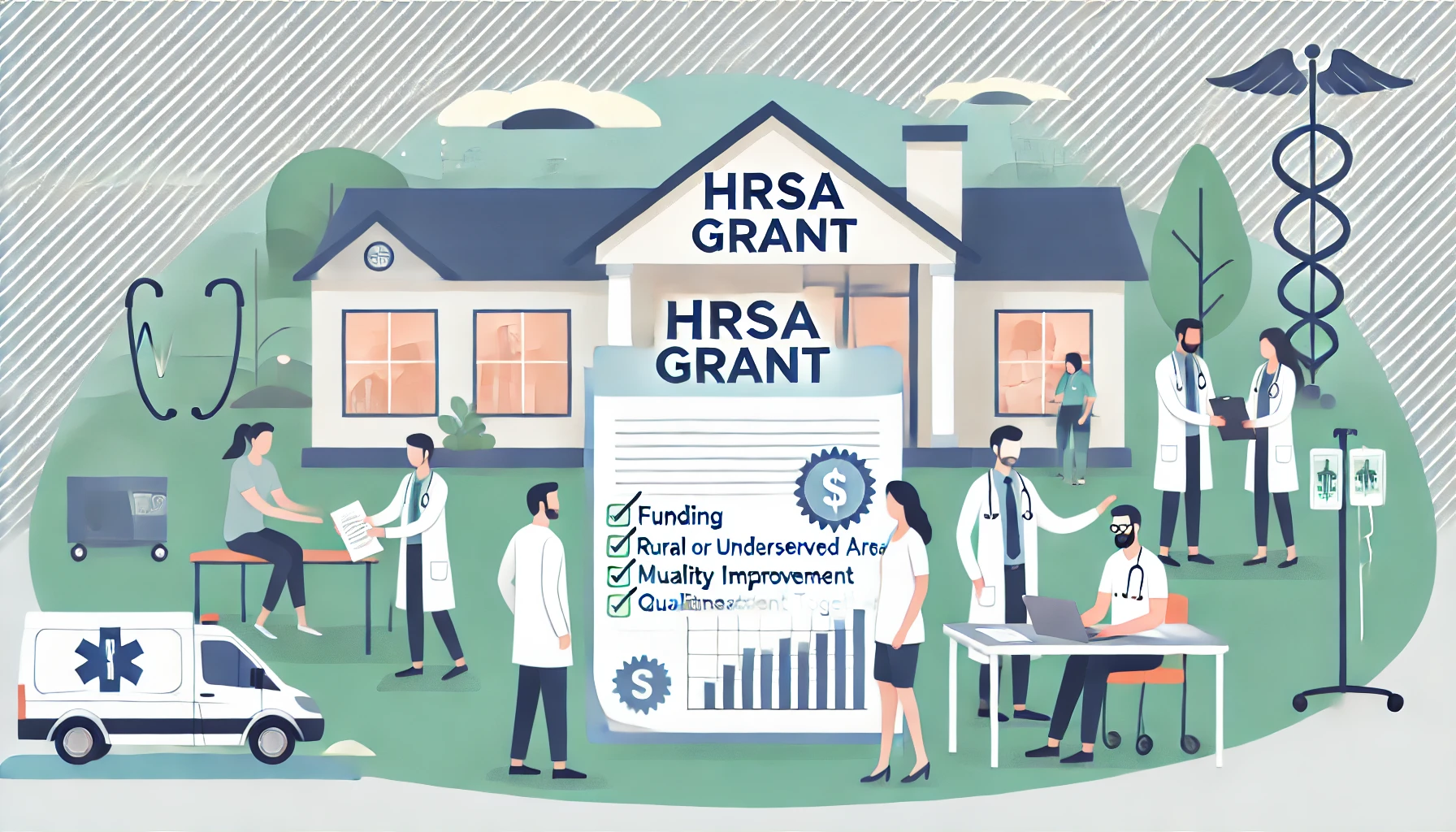
Table of Contents

AI revolutionizes healthcare diagnostics with precision imaging, predictive modeling, and personalized treatments, balancing technological innovation with human expertise.
AI revolutionizes healthcare diagnostics with precision imaging, predictive modeling, and personalized treatments, balancing technological innovation with human expertise.
AI's Transformative Power: Reshaping Modern Healthcare Diagnostics and Treatment
In an era of unprecedented technological advancement, artificial intelligence (AI) is rapidly becoming a game-changer in healthcare, promising to revolutionize how we diagnose, treat, and manage medical conditions. While the potential seems boundless, the integration of AI into medical practice raises critical questions about accuracy, ethics, and the future of patient care.
The AI Diagnostic Revolution
Imagine a world where medical diagnoses are faster, more precise, and potentially life-saving. AI is making this vision a reality through several groundbreaking approaches:
- Image Analysis Precision: AI algorithms can now detect subtle medical imaging anomalies that human radiologists might miss, particularly in complex conditions like cancer and neurological disorders.
- Predictive Health Modeling: Machine learning models can analyze vast datasets to predict potential health risks before symptoms even emerge.
- Personalized Treatment Strategies: By analyzing individual patient data, AI can help create tailored treatment plans that maximize effectiveness and minimize side effects.
Real-World Impact: Beyond the Hype
While these capabilities sound promising, healthcare professionals remain cautiously optimistic. External peer review becomes crucial in validating AI-generated insights, ensuring that technological recommendations align with established medical standards.
At Medplace, we understand that independent medical expertise is paramount. Our platform connects healthcare providers with a network of 132 specialized professionals who can critically evaluate AI-generated diagnostics, adding a crucial layer of human judgment and expertise.
Challenges in AI-Driven Healthcare
Despite its potential, AI in healthcare is not without significant challenges:
- Data Bias: AI models can inadvertently perpetuate historical medical biases if training datasets are not comprehensively representative.
- Privacy Concerns: The extensive data required for AI training raises critical questions about patient privacy and data protection.
- Regulatory Compliance: Ensuring AI systems meet stringent medical standards remains an ongoing challenge.
Ethical Considerations
The ethical dimensions of AI in healthcare cannot be overlooked. While technology offers unprecedented diagnostic capabilities, it should complement—not replace—human medical expertise. Independent peer review becomes a critical safeguard, ensuring that technological recommendations are scientifically sound and patient-centric.
Future Trajectories: AI and Human Collaboration
The most promising healthcare models will likely emerge from symbiotic relationships between AI technologies and human medical professionals. This collaborative approach leverages machine learning's computational power with human intuition and empathetic care.
Key areas of potential breakthrough include:
- Early disease detection
- Personalized treatment optimization
- Complex surgical planning
- Drug discovery and development
Medplace's Perspective
Our platform exemplifies this collaborative model. By providing rapid access to credentialed medical professionals across 132 specialties, we enable organizations to:
- Validate AI-generated medical insights
- Ensure comprehensive peer review
- Maintain the highest standards of patient safety
Conclusion: Navigating the AI Healthcare Frontier
As we stand on the cusp of a technological medical revolution, critical questions remain. How will we balance technological innovation with human expertise? What safeguards must we implement to ensure patient safety?
One thing is certain: the future of healthcare will be defined by those who can effectively integrate technological capabilities with nuanced human understanding.
Original Article Reference: IBM Think - Artificial Intelligence in Medicine

Why Every Hospital Needs a Quality and Patient Safety Program
Every hospital needs a quality and patient safety program to reduce harm, improve care, and foster a culture of accountability.
.png)
.png)

HRSA FQHC Requirements: A Comprehensive Guide for Healthcare Providers
When it comes to federally qualified health center requirements, there’s no shortage of regulations, expectations, and—depending on your perspective—opportunities.
.png)
.png)

Unlocking Funding: A Guide to Health Resources and Services Administration (HRSA) Grants
Use HRSA grants to fund external peer review programs that enhance care quality, reduce bias, and support compliance in health centers.
.png)
.png)



.png)
.png)
.png)






.png)